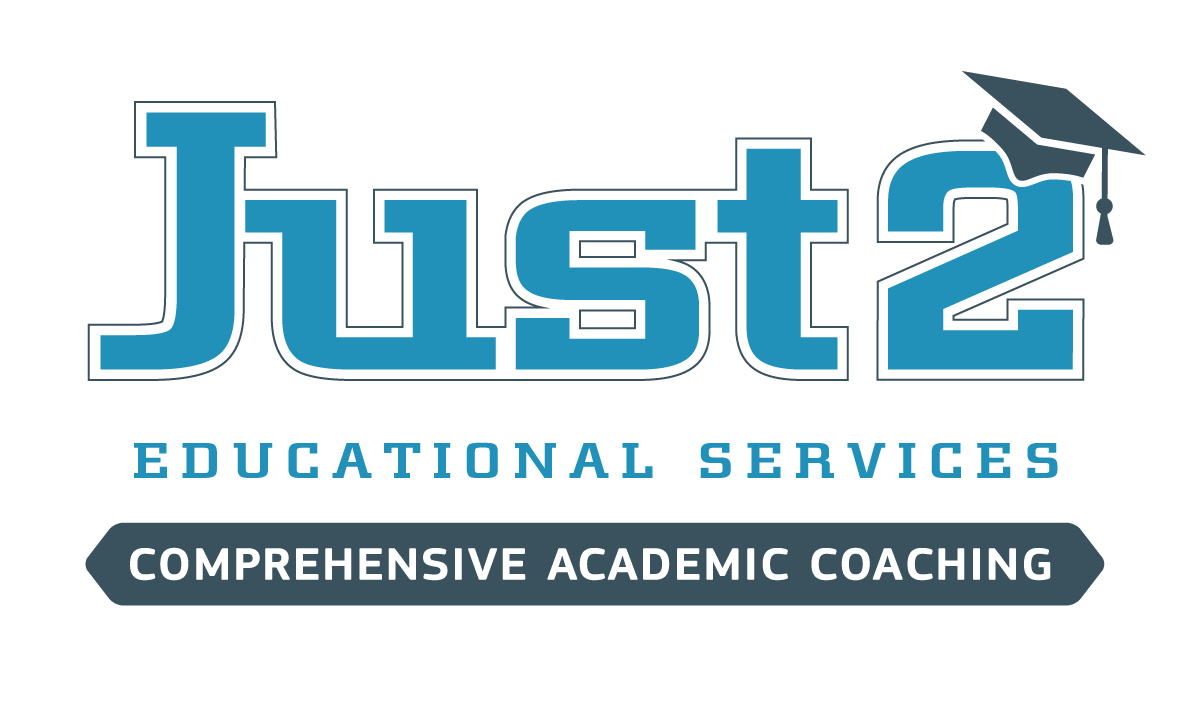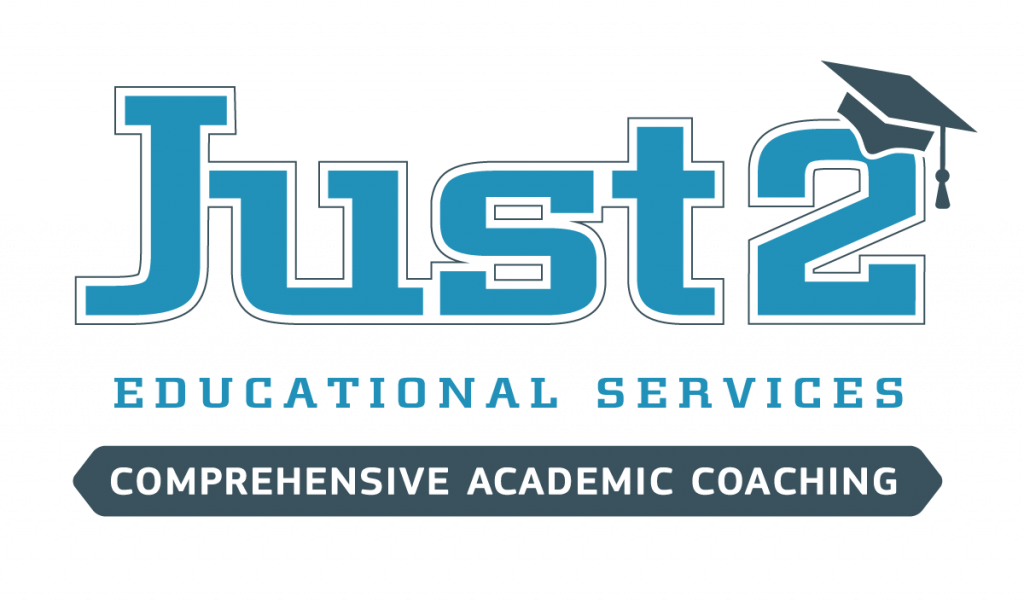How To Embrace and Support Your Reluctant Student With Motivational Interviewing
When it comes to supporting reluctant students, can be a difficult task. It takes an understanding of the individual student’s needs and a supportive environment to truly help them succeed. However, with the right approach and guidance, even the most resistant student can benefit from an educational journey that is full of growth and discovery.
At Just2 we use an approach known as Motivational Interviewing. Motivational Interviewing is used by professionals to support reluctant young people in connecting with their goals and begin to develop a plan for achieving them. It involves using open-ended questions, reflective listening, and affirming statements to engage the individual in a conversation that can help them find their motivation and create the confidence they need to take action.
What Does This Approach Do?
Using this approach when coaching reluctant students gives them the space to express their feelings and ideas without judgment or interruption from the coach. This helps create an atmosphere of trust and respect between coach and student which is essential for meaningful communication. The coach can then provide support, guidance, resources and strategies so that the student can make positive changes in their life.
The Acronym OARS
The acronym OARS stands for Open-ended Questions, Affirmations, Reflective Listening, and Summarizing.
Keep It Open
Open-ended questions are broad questions that encourage the reluctant student to elaborate on their thoughts and feelings. This type of questioning allows us as coaches to gain insight into what’s important to our students while also helping them clarify their thoughts about difficult topics or issues they may be dealing with.
Example: Our lead expert, Jaz Mannion, suggests taking out the “can” for these open-ended questions to lead the discussion
Listen and Affirm
Affirmations help validate some of the emotions our students may be feeling – we must show empathy towards our students whether they’re feeling overwhelmed or excited about something.
Reflective listening involves repeating back what we heard so that our student knows we understand them; this helps build trust between us while also providing time for our students to think things through more fully.
Summarize
Finally summarizing involves taking all of the information we have been provided with during a session and connecting it in a way that makes sense for both us as coaches and our students alike.
Conclusion
Motivational interviewing has proven to be an effective method when it comes to working with reluctant students who are struggling both personally or academically – allowing youth space for discussion while also guiding them as needed can help them uncover their motivations leading to more successful outcomes overall. As parents and coaches, it’s up to us to remember how powerful OARS can be in helping foster meaningful conversations with those we work with so that together we can create lasting change not only within ourselves but within those around us as well.





